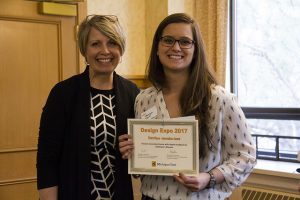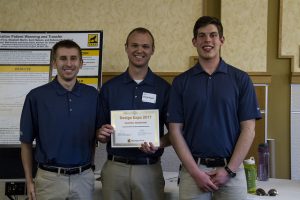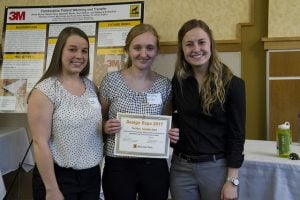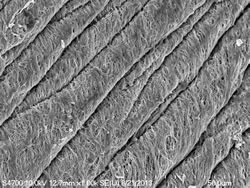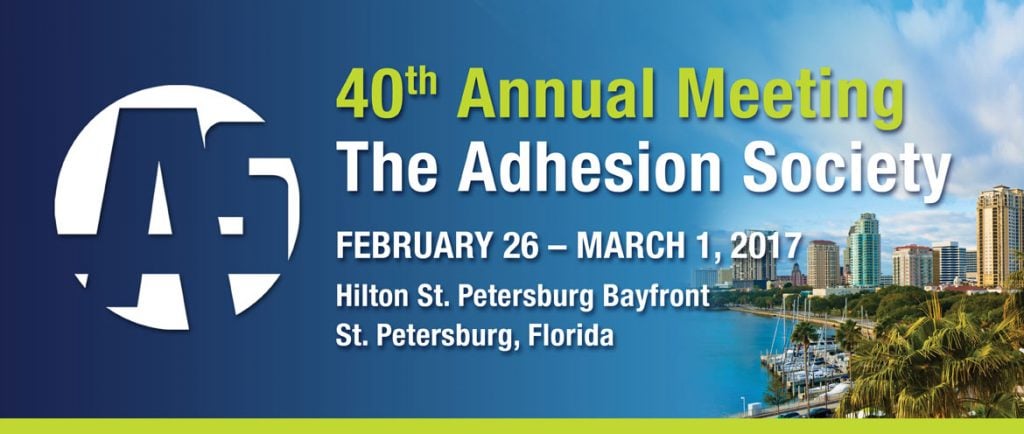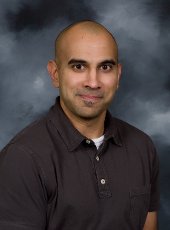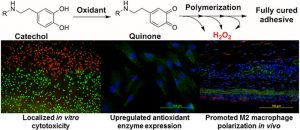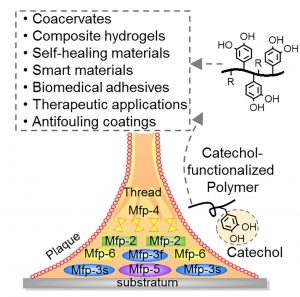Beauty products have come a long way from the days of straight milk and honey, and the technology to test new products is evolving, too.
Volunteers are needed to participate in an industry-supported study aimed at developing laser-based technologies for assessing the effectiveness of skin moisturizers and firming agents. Men and women over the age of 18 are needed, especially individuals over the age of 50.
The one-time measurements take less than an hour. For more information, contact Research Associate Abhinav Madhavachandran (Bio Med).
By Abhinav Madhavachandran.


